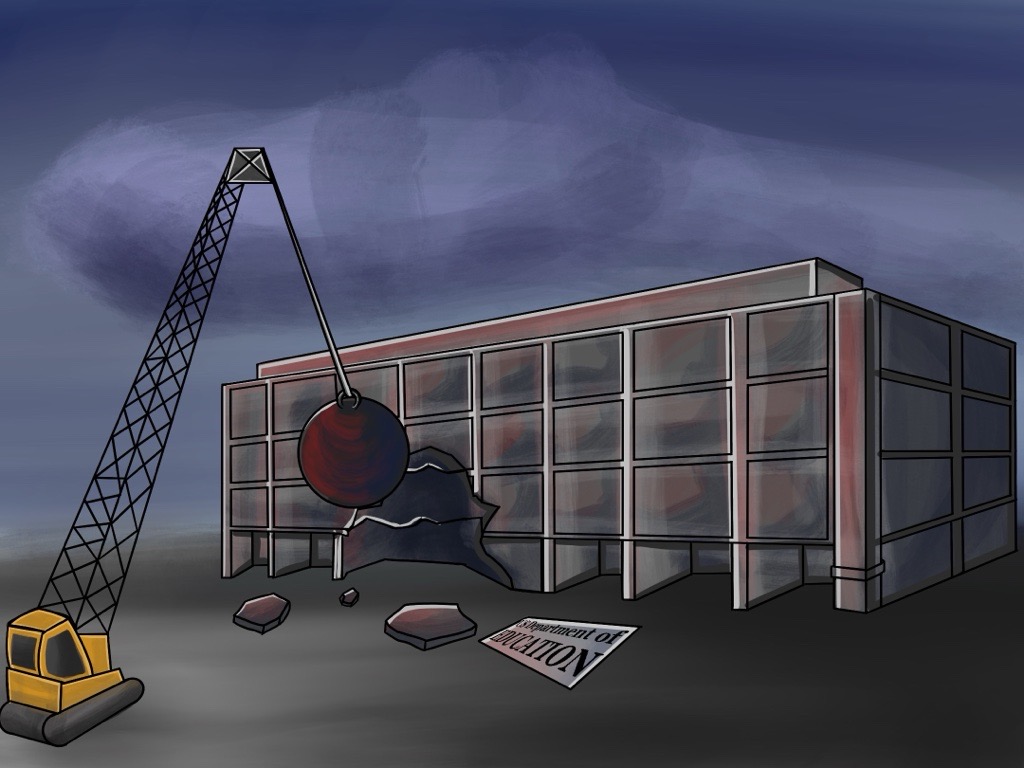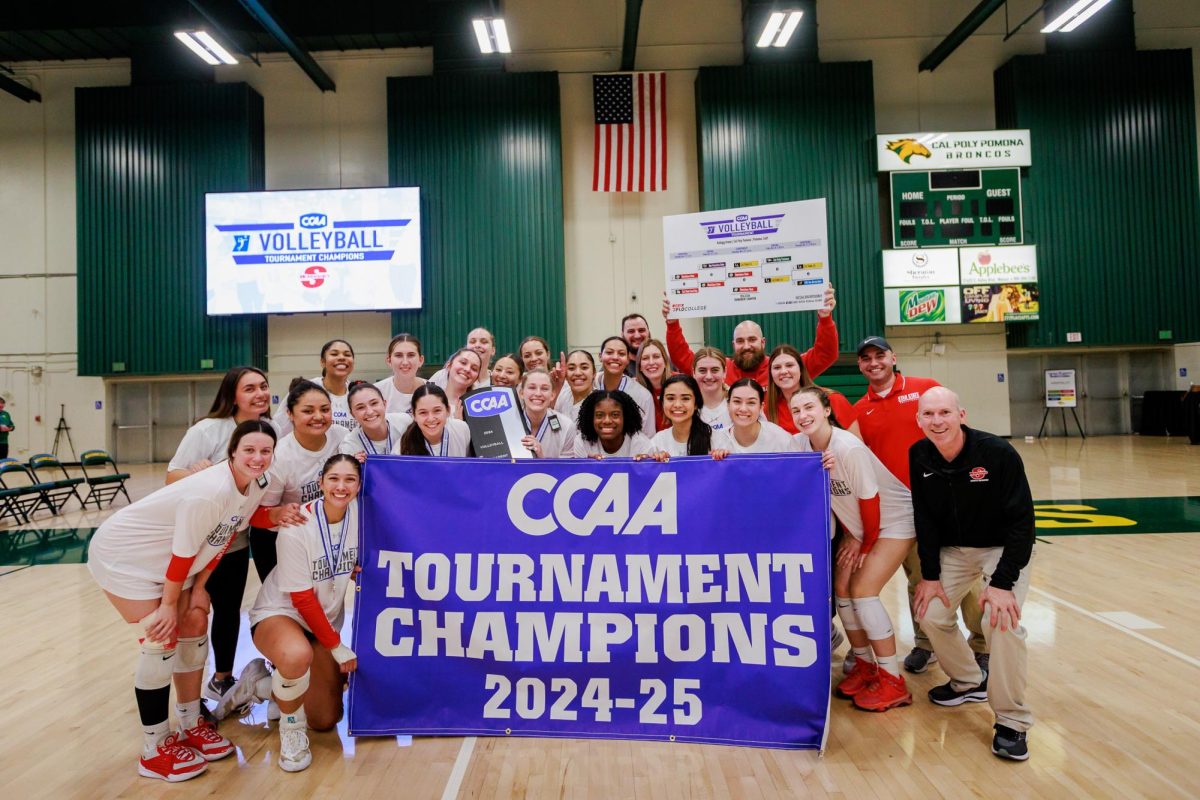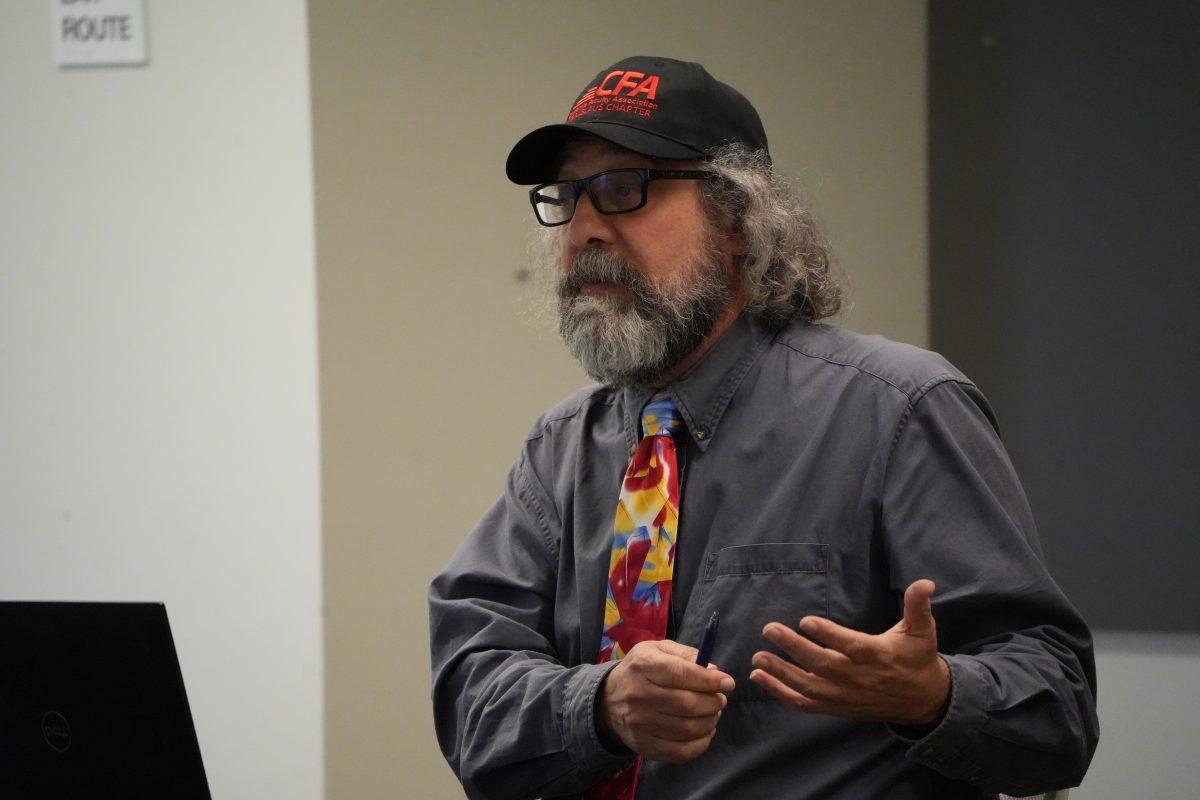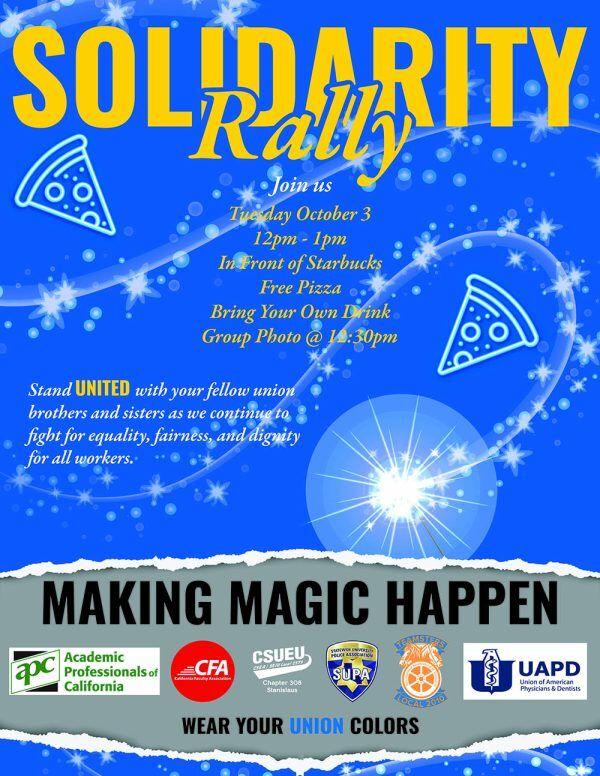Last week’s Title IX workshop on Oct. 8 was considerably different from Kappa Sigma’s recent foray into the field at California State University, Stanislaus. Headed by Megan Rowe, the Health Educator on campus, the workshop was concerned primarily with teaching students how to help others using the Step Up program.
“Just so students are aware of what is okay, what’s right, what’s wrong and how to report it,” Rowe said, explaining the purpose of the Step Up program. “We also have CPR and First Aid in that program as well as a presentation on navigation of a 911 phone call.”
The program was devised by the University of Arizona and is used at universities nationwide. Students in Arizona saw the rising need for addressing certain issues and created Step Up in order to confront this.
The workshop started with a brief introduction to the Step Up program wherein Rowe went over the five decision-making steps of the program, factors that influence whether or not someone will report a violation and strategies for effective helping. Rowe’s workshop also drew attention to warning signs and resources for students.
Rowe mentioned that there are three key elements to the success of the Step Up program.
The first key element was that most people want to do the right thing. The second, that there is power in peers— 90 percent of students report turning to peers when they’re in need of help.
Lastly, Rowe mentioned nonjudgmental delivery, such as “I statements” like “I feel” or “I think.”
Most importantly was the workshop’s address of the bystander effect: the habit of witnesses of a wrongdoing to not act on it simply because “someone else will do it.”
“People have the intention that they would do something,” Rowe said, “but when a situation calls for people to help each other, they found just the opposite. So that’s one of the justifications for the students creating this program.”
In another section of the workshop, students were asked to raise their hands to share which campus issues were most concerning: Alcohol, hazing, depression, discrimination, disordered eating, anger issues, gambling, sexual assault, relationship violence, academic misconduct. Out of these options, students relayed that alcohol, depression and sexual assault were the three most pressing issues.
According to Rowe, it would be difficult to find out which of the aforementioned campus concerns were the most pressing due to a sheer lack of numbers.
“We know right now that our sexual assault statistics are extremely underrepresented, so that’s kind of why there’s been a big push because we want people to know about the resources,” said Rowe. “If we don’t have any reports, then that’s a bad thing because people aren’t reporting. That doesn’t mean that nothing’s happening on campus. We need to get a lot of education out about those kinds of things, so that ties into this.”
Rowe went on to discuss victims, asking common questions that might lead to mentalities encouraging the bystander effect such as “Do you think the victim deserves help?”
“This really tackles the victim blaming, especially in domestic violence cases,” said Rowe. “A lot of people think that ‘Oh, well, if If that person puts themselves continuously in that position, then I’m not sorry for them.’ So that’s that mentality and that’s not okay, so we want to address that, as well.”
In response to how the University will handle choosing speakers for future events that discuss these types of issues, Tim Lynch, Associate Vice President for Communications & Public Affairs, commented on how controversy can be beneficial.
Obviously, regarding important issues like this, we need to check out potential speakers,” Lynch said. “We have and will continue to do this. However, some controversy is to be expected and can be beneficial.”
“The University is an ideal place to discuss ideas that are part of larger cultural conversations and challenges. The sharing of ideas can sometimes produce disagreement, but more important, it can lead to reflection and important continued discussion.”






